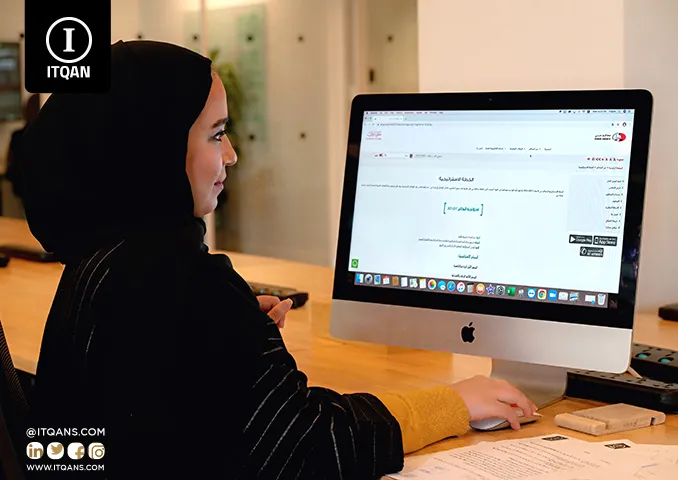Business Setup in UAE: A Step-by-Step Guide
Starting a business in the UAE is an ideal opportunity for Gulf entrepreneurs seeking to benefit from the region’s booming economy and investor-friendly policies. With the right planning and execution, your business setup in UAE can be seamless and highly rewarding.
Why Start a Business in UAE?
The UAE is a global business hub with countless advantages for entrepreneurs. The country’s strategic location, tax-free incentives, world-class infrastructure, and diverse economy make it a top choice. Additionally, the UAE offers a variety of company formation options, such as mainland, free zones, or offshore setups, catering to different business needs.
- Tax Benefits: The UAE offers 0% corporate and personal income tax in most cases.
- World-Class Infrastructure: Gain access to modern office spaces, transportation, and advanced technology.
- Access to Global Markets: Leverage the UAE’s trade agreements with countries worldwide.
Key Steps for Business Setup in UAE
Understanding the process is essential to ensure that your business establishment goes smoothly. Here’s a step-by-step guide to help you:
1. Choose Your Business Activity
Select the type of business activity you intend to pursue. The UAE categorizes activities such as trading, manufacturing, or professional services. Ensure that your chosen activity aligns with the relevant licensing requirements.
2. Select the Right Location
Decide whether you want to establish your company on the mainland, in a free zone, or offshore. Each option has specific benefits. For instance, free zones allow 100% foreign ownership and tax exemptions, while mainland businesses offer direct access to domestic markets.
3. Determine Your Legal Structure
Decide the legal structure of your business, such as a Limited Liability Company (LLC), a sole proprietorship, or a branch office. Your decision will depend on your business activity, number of shareholders, and operational needs.
4. Register Your Trade Name
Choose a business name and register it with the Department of Economic Development (DED). Ensure that the name aligns with the UAE’s naming conventions and doesn’t conflict with existing trademarks.
5. Apply for Licenses
Obtain the necessary licenses for your business activity. Common license types include:
- Commercial License: For trade businesses.
- Professional License: For service-oriented businesses.
- Industrial License: For manufacturing and production activities.
6. Open a Business Bank Account
After receiving your trade license, open a corporate bank account with a UAE-based bank to manage your finances effectively.
7. Secure Visas
Apply for UAE residence visas for yourself and any employees or dependents. Free zones often facilitate visa applications as part of their business setup packages.
8. Start Operations
Once all formalities are completed, you can officially begin your business operations in the UAE.
Cost of Business Setup in UAE
Costs vary based on factors like business activity, location, and type of license. On average, setting up a company in a free zone may involve the following expenses:
- Company registration fees: AED 10,000 to AED 30,000
- Trade license fees: AED 15,000 to AED 50,000
- Office space or virtual office fees: AED 5,000 to AED 25,000
For mainland businesses, additional costs such as local sponsor fees may apply. It’s crucial to plan your budget accordingly.
Mainland vs Free Zones: Which is Right for You?
Choosing between mainland and free zones depends on your business goals. Here’s a quick comparison:
- Mainland: Ideal for businesses that need to trade directly in the UAE market or secure government contracts. Limited foreign ownership may apply.
- Free Zones: Perfect for businesses seeking 100% ownership, tax advantages, and simplified setup processes. However, trading within the UAE market may require a local distributor.
For a detailed comparison, check out Best Free Zones in UAE for Business Setup.
Benefits of Launching Your Business in UAE Free Zones
Free zones offer unparalleled advantages for startups and established companies. Some key benefits include:
- 100% foreign ownership
- No import/export duties
- Tax exemptions
- Streamlined business setup processes
Popular free zones include Jebel Ali Free Zone, Dubai Multi Commodities Centre, and Dubai Silicon Oasis.
Common Challenges and How to Overcome Them
While the UAE is business-friendly, it’s vital to prepare for potential challenges:
- Regulatory Compliance: Work with a business consultant to ensure compliance with UAE laws.
- Language Barriers: Consider hiring bilingual professionals to ease communication.
- Costs: Budget carefully and explore cost-effective free zone options.
Conclusion
Starting a business in the UAE offers tremendous potential for growth and success. By understanding the processes, choosing the right location, and leveraging the UAE’s investor-friendly benefits, Gulf entrepreneurs can establish a thriving business. For official information and assistance, visit the UAE Government Portal.







